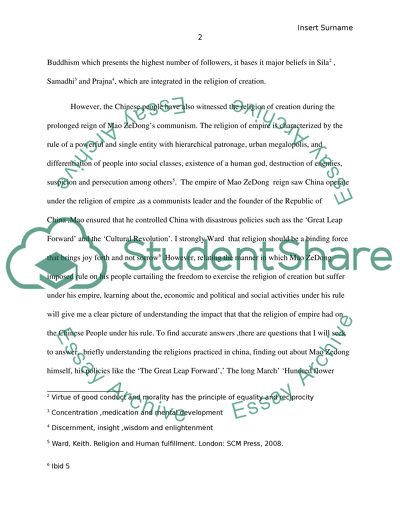Cite this document
(“Mao ZeDong: his leadership during Chinese revolution Research Paper”, n.d.)
Retrieved from https://studentshare.org/family-consumer-science/1411614-mao-zedong-his-leadership-during-chinese
Retrieved from https://studentshare.org/family-consumer-science/1411614-mao-zedong-his-leadership-during-chinese
(Mao ZeDong: His Leadership During Chinese Revolution Research Paper)
https://studentshare.org/family-consumer-science/1411614-mao-zedong-his-leadership-during-chinese.
https://studentshare.org/family-consumer-science/1411614-mao-zedong-his-leadership-during-chinese.
“Mao ZeDong: His Leadership During Chinese Revolution Research Paper”, n.d. https://studentshare.org/family-consumer-science/1411614-mao-zedong-his-leadership-during-chinese.


